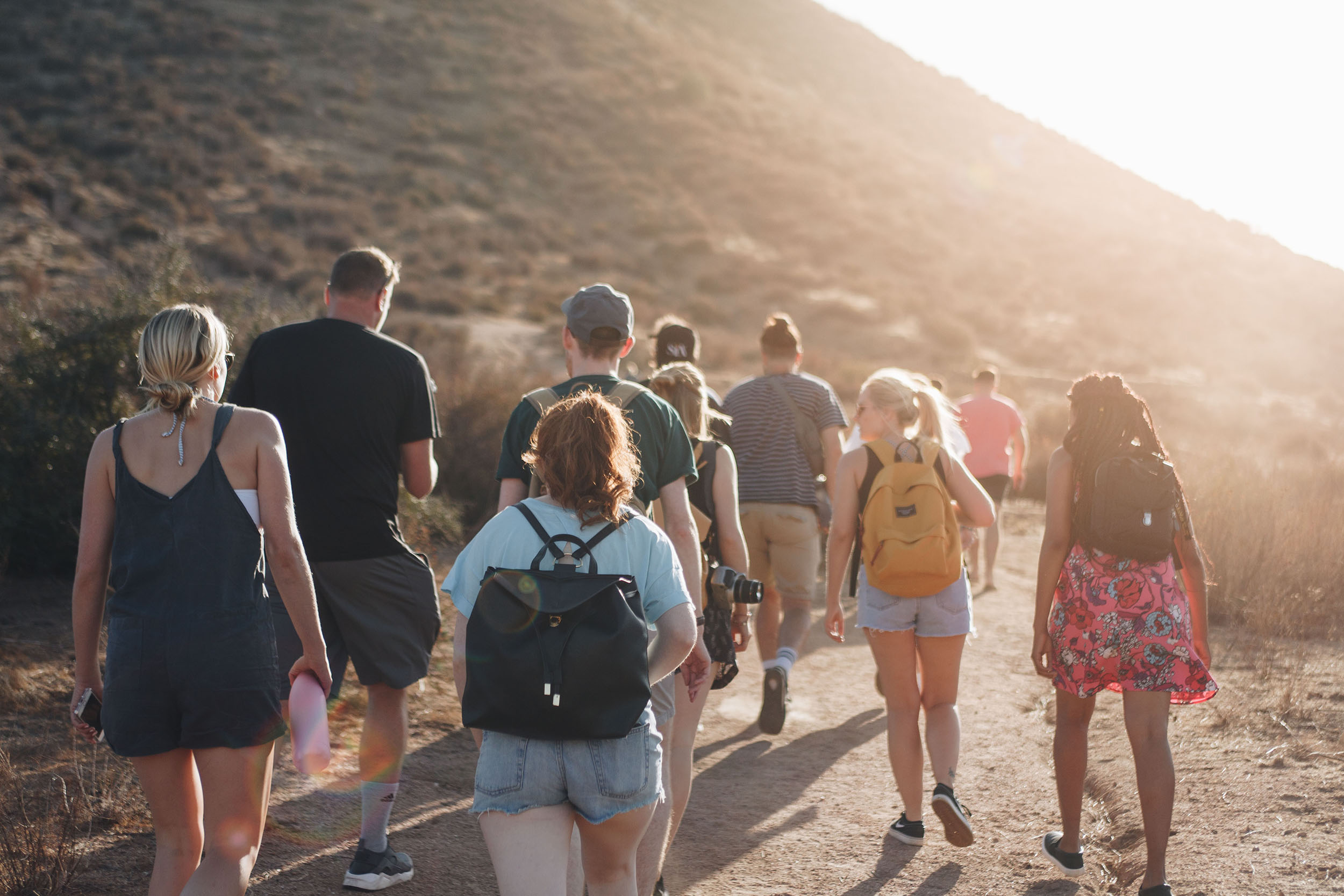When walking the often unsteady path to recovery, it can be easy to miss a condition many are unaware of known as transfer addiction, or sometimes referred to as cross-addiction. It is important for those in recovery, and those trying to support someone in recovery, to understand the concept of transfer addiction and its potential effects on sobriety.
What Is Transfer Addiction?
Transfer addiction is when an addict attempts to compensate for the uncomfortable changes in their addictive habits and routines. It does not mean both addictions are present at once. For example, an addict might replace a substance for a hobby such as gambling. As they continue down this path of substitution, they may not realize that these seemingly harmless behaviors have become just as harmful as their original addiction. In other words, they’ve traded one form of addiction for another without really thinking about or acknowledging it.
How Can I Identify Transfer Addiction?
The signs of transfer addiction vary from person to person, but there are some common signs that you should look out for if you suspect someone has developed a transfer addiction.
- Spending large amounts of time indulging in certain activities such as watching television, playing video games, or engaging in online activities. These could be indicators that something else is going on beneath the surface.
- Preoccupied with certain hobbies or interests which can lead them into financial trouble
- Experiencing obsessive behaviors or feeling depressed when without something related to the addiction
How Can I Prevent Transfer Addiction?
Transfer addiction can often be prevented if people take the proper steps while on their sobriety journey. The most important step is to create a foundation based on healthy coping mechanisms and lifestyle changes. This can include exercising regularly and engaging in meaningful activities such as volunteering or attending support groups. Other methods include discovering new hobbies such as reading books, painting, learning a new language, etc., all of which can help fill the void left by drug or alcohol use when trying to achieve sobriety.
Recovery is a journey to wellness — it’s all about balance. You can enjoy activities that distract from drug and alcohol use and still maintain your outlook on sobriety. Be mindful of what triggers these thoughts or behaviors so that you are aware when you need help getting back on track with your recovery journey. With the right support system and self awareness, it is possible to reach lasting sobriety without resorting back to old habits!


